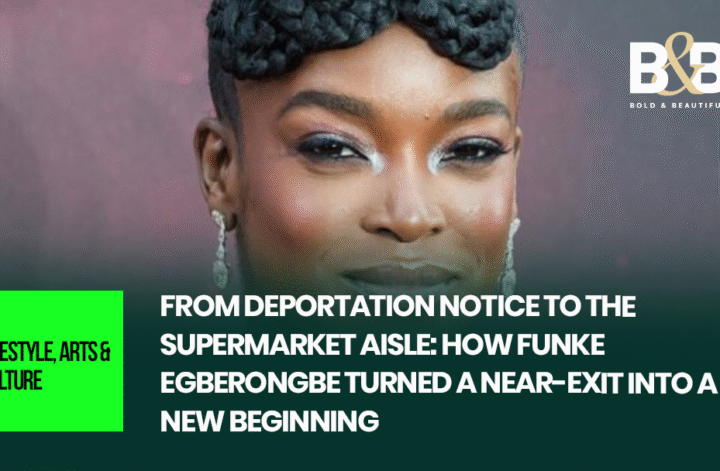Born into modest circumstances in Monze, Zambia, Hakainde Hichilema’s journey from walking barefoot to school to becoming Zambia’s president is a testament to resilience and determination. Hichilema, popularly known as “HH” or “Bally” among Zambians, rose through the ranks of academia and the corporate world before transforming the nation’s political landscape. After earning a BA in economics and business administration from the University of Zambia and an MBA in finance and business strategy from the University of Birmingham, he became a towering figure in Zambia’s business sector, holding roles like CEO of Coopers Lybrand Zambia and Grant Thornton Zambia.

As one of Zambia’s largest cattle ranchers and an influential player in the tourism and banking industries, Hichilema cultivated a reputation as a pragmatic businessman capable of steering economic growth. His success story resonated with Zambians, particularly the youth, who saw in him a leader capable of transforming their nation’s economic fortunes. He took the helm of the United Party for National Development (UPND) in 2006 and contested multiple elections before his landslide victory in 2021, where he garnered 59.02% of the vote. His victory was driven by a platform focused on job creation, economic stability, and reform — areas of critical concern in a country reeling from high debt, inflation, and a depreciated currency.

Hichilema’s political rise wasn’t without challenges. From narrowly losing elections in 2015 and 2016 to enduring 127 days of imprisonment on questionable treason charges, HH faced obstacles that only bolstered his image as a resilient leader determined to bring change. His outreach to young voters, many of whom were casting their ballots for the first time, proved pivotal. His relatable moniker, “Bally,” became a rallying cry for hope and progress.

Since assuming office, President Hichilema has taken bold steps to stabilize Zambia’s economy. His administration prioritized the restructuring of Zambia’s unsustainable debt, a move critical to restoring the country’s creditworthiness. By securing debt relief agreements and attracting over $37 billion in foreign investment, Hichilema has set Zambia on a path to economic recovery. Foreign direct investment under his leadership has been directed toward infrastructure, agriculture, and renewable energy, with a focus on creating jobs and fostering sustainable development.

Hichilema’s policies reflect his personal commitment to education and community development. One of his administration’s flagship initiatives is the introduction of free primary and secondary education, a historic move that has expanded access to quality education for millions of Zambian children. This policy ensures that young Zambians have opportunities similar to those Hichilema himself received as a student on a government bursary. The New Dawn administration has also significantly increased the Constituency Development Fund (CDF) from K1.6 million to K30.8 million per constituency, empowering local communities to implement development projects tailored to their needs. Investments in health care, agriculture, and infrastructure are further strengthening Zambia’s foundation for sustainable growth.

His administration is focused on fostering a business-friendly environment, diversifying the economy, and addressing systemic challenges such as unemployment and poverty. His experience as a businessman and a change management expert has enabled him to implement policies aimed at creating a robust economic ecosystem that benefits all Zambians. Beyond politics, Hichilema remains a committed philanthropist. His contributions to building schools, clinics, boreholes, and agricultural dams highlight his dedication to improving the lives of Zambians, particularly in underserved areas.

Together with his wife, Mutinta, and their three children, Hichilema embodies a blend of family values, business acumen, and political leadership.





